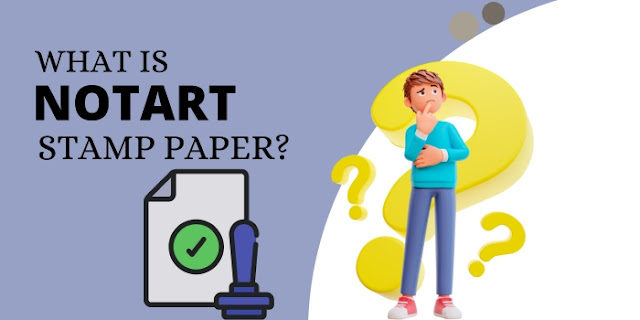Who Can Notarize Affidavit In India?
In India, affidavits play a crucial role in legal proceedings, certifications, and official documentation. These sworn statements require the assurance of authenticity and credibility, which is why they need to be notarized. Notarization involves the verification of signatures and the confirmation that the affiant voluntarily made the declaration. However, not everyone can perform this important task. In this blog, we will explore the individuals who are authorised to notarize affidavits in India, shedding light on their roles and responsibilities.
Notaries Public
Notaries Public are the primary authority when it comes to notarizing affidavits in India. They are appointed by the Central or State government under the Notaries Act, 1952. These individuals possess extensive legal knowledge and are responsible for ensuring the accuracy and legality of the document. Notaries Public have the power to administer oaths, take affidavits, and certify copies of important documents.
The process of notarization involves the notary verifying the affiant's identity, ensuring they understand the contents of the affidavit, and witnessing the signing of the document. They also affix their official seal or stamp to the affidavit, indicating its authenticity. Notaries Public are bound by a strict code of ethics and must adhere to the guidelines outlined by the government.
Advocates/Lawyers
Advocates and lawyers, who are licensed legal professionals, can also notarize affidavits in India. However, it's important to note that not all advocates or lawyers have the authority to do so. Only those who are designated as "Advocate Notaries" by the respective State Bar Councils can perform this function. Advocate Notaries are advocates who have undergone additional training and certification to be eligible for notarizing documents. They have similar powers and responsibilities as Notaries Public and can notarize affidavits within the state where they are registered.
Judicial Officers
In addition to Notaries Public and Advocate Notaries, certain judicial officers are authorized to notarize affidavits in India. This includes judges, magistrates, and commissioners appointed by the court. Judicial officers have the power to administer oaths, affirmations, and declarations, making them eligible to notarize affidavits. Their involvement ensures the integrity of the process and adds an extra layer of judicial oversight.
Also Read - Do rental agreements have to be notarized? And How to Get Affidavit Notarized.
Indian Foreign Service (IFS) Officers
Indian Foreign Service (IFS) officers, who serve as diplomats and representatives of India abroad, also have the authority to notarize affidavits. These officers possess diplomatic immunity and can exercise certain powers granted to them under the law. IFS officers can notarize documents, including affidavits, at Indian embassies, consulates, or high commissions located in foreign countries. This provision allows individuals residing outside India to notarize their affidavits through the country's diplomatic channels.
Conclusion
Notarization of affidavits ensures their authenticity and legal validity in India. Notaries Public, Advocate Notaries, judicial officers, and IFS officers are the authorised individuals entrusted with this responsibility. It is essential to approach these authorised professionals for notarizing affidavits to avoid any complications or legal issues. By seeking their services, individuals can have the assurance that their affidavits have undergone proper scrutiny and are admissible in legal proceedings. Always remember to verify the credentials and authorization of the person you choose to notarize your affidavit, as this will guarantee the legitimacy of the process.
Written by Abhi




Comments
Post a Comment